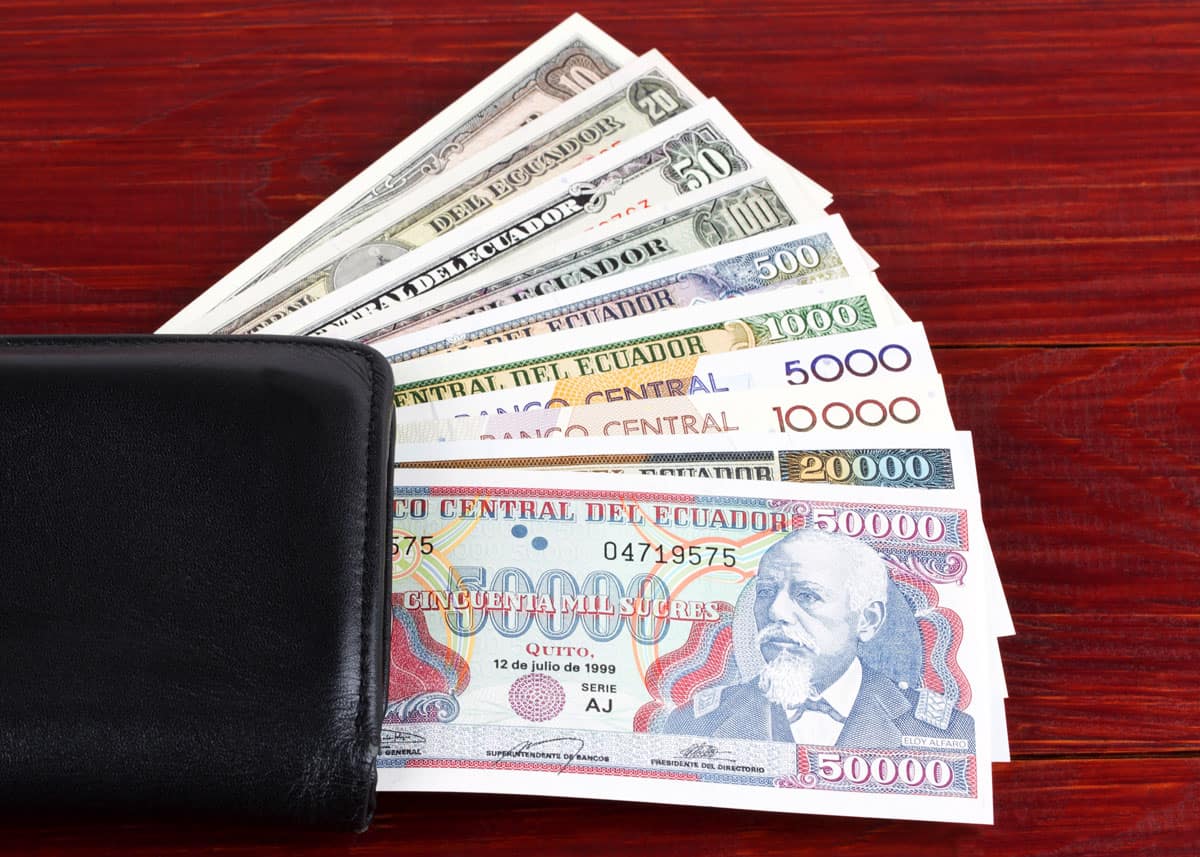RIO DE JANEIRO, BRAZIL – The Ecuadorian government hopes to tackle the country’s dire economic situation with a “final offer” to restructure its foreign debt. One major group of creditors, the AdHoc Group, initially expressed its satisfaction with the offer submitted. However, other creditors are hoping for a more favorable proposal. The AdHoc Group also includes the world’s largest asset manager – BlackRock – which holds around 53 percent of all Ecuadorian debt securities.

The offer, which was originally made in this form a few weeks ago, is intended to convert ten existing bonds maturing between 2022 and 2030 into three bonds due in 2030, 2035 and 2040, as well as a past due interest bond maturing in 2030, which would then be redeemed on terms more favorable to Ecuador.
If the terms now presented were accepted, the South American country‘s debt burden would be reduced by around US$10 billion (R$50 billion) over the next four years and by a further US$6 billion over the period 2025-2030. According to media reports, this would be equivalent to an overall effective reduction of nine percent.
According to the Ministry of Finance, the average interest rate would be reduced from 9.2 to 5.3 percent and the average maturity would be increased from 6.1 to 12.7 years. The offer now presented is to remain valid until July 31st.
However, as the New York Times and other newspapers reported, two groups of creditors immediately rejected Monday’s offer. One of the groups, led by investors Amundi, Contrarian Capital Management and T Rowe Price Associates, which represents 25 institutional investors and have holdings of more than 25 percent in certain series of the bonds and over 35 percent in others, did not describe the offer as “Ecuador’s best efforts to achieve a fair restructuring with a majority of bondholders. Nor did the offer demonstrate how it intended to implement ‘social development goals’ to build a sustainable future.”
Although the Ecuadorian press, which is close to the government, was very positive about the prospect of an agreement, some skepticism was evident outside Ecuador. Tiago Severo, Vice-President for Latin American Economic Research at the US investment bank Goldman Sachs, referred to a “somewhat risky strategy” in a first assessment, which “could lead to a temporary stall in the process.” However, there is still a general perception that agreement on debt restructuring could be reached, Severo continued.
What seems to be becoming increasingly clear are the efforts of President Lenín and his government to have virtually no more debt to pay until the presidential elections next February, thereby gaining significant leeway.
Although the economic situation has deteriorated further since the start of the coronavirus pandemic, the current government has not been able to develop a viable economic strategy since taking office in May 2017. In fact, loans have been taken out to such an extent that, according to the current plan, future generations have to repay them at least until 2040.

